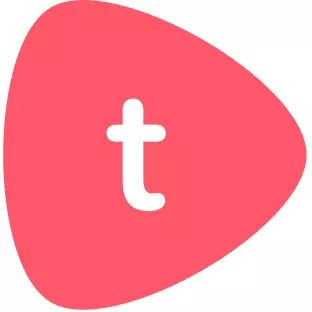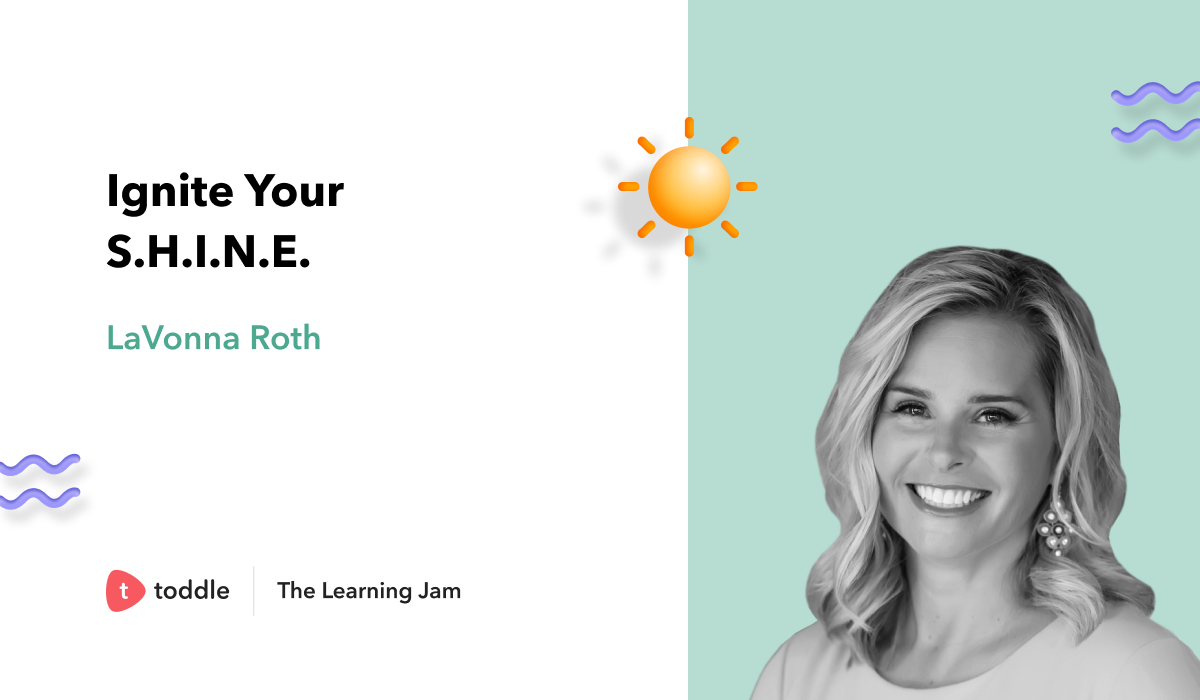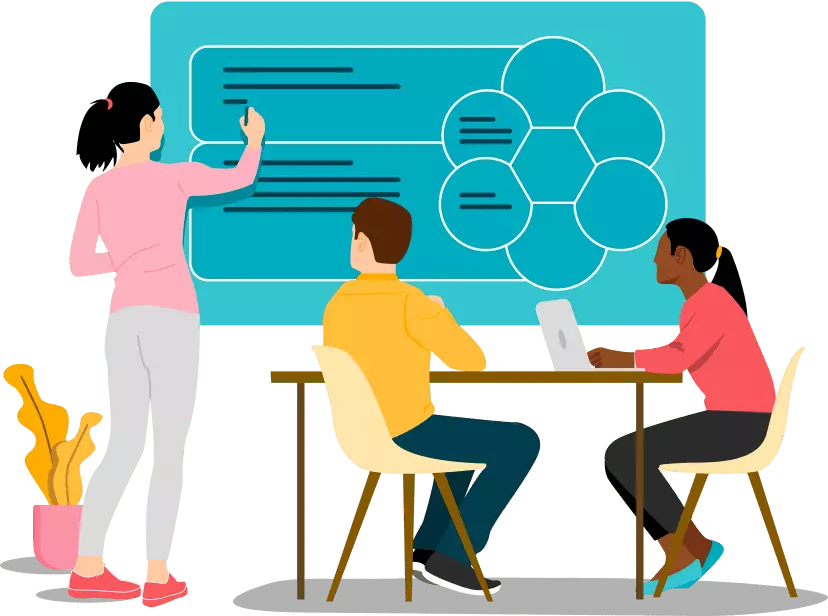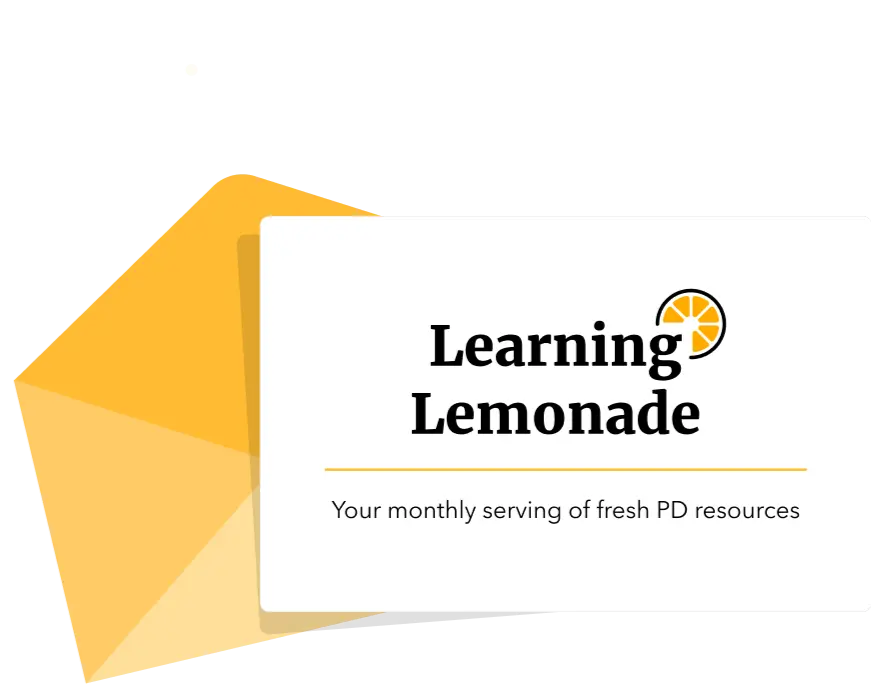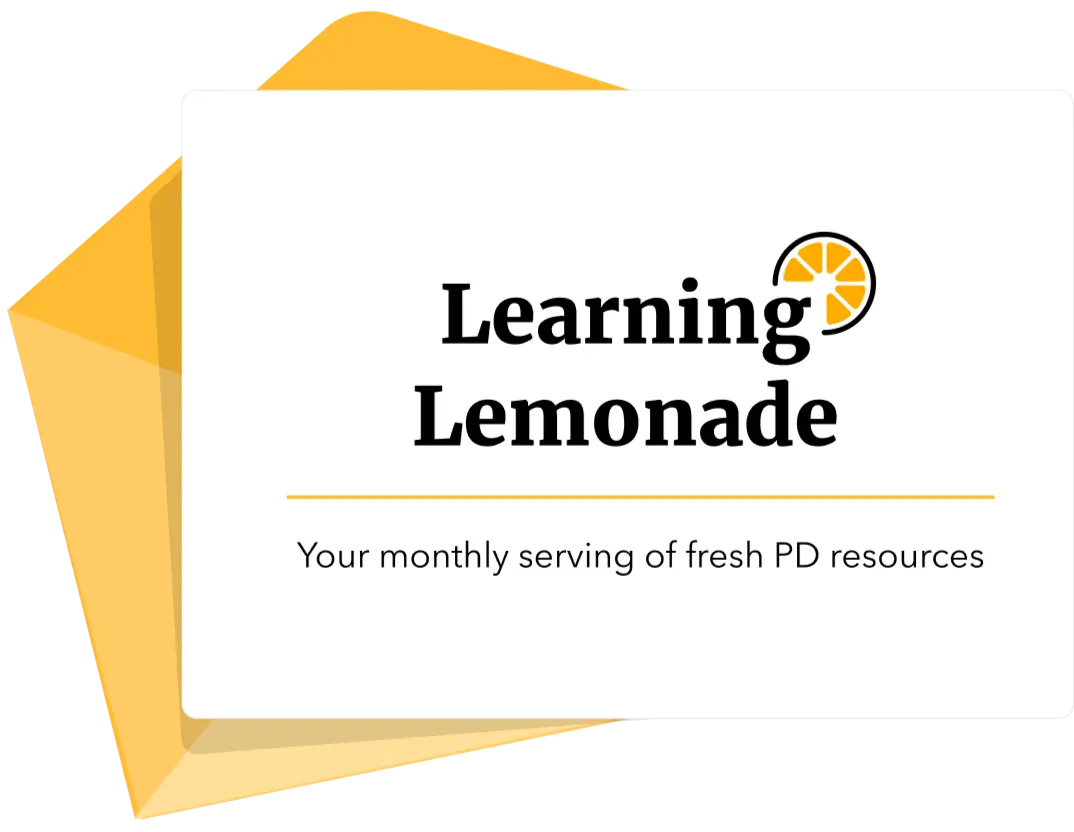20 PSPE Learning Experiences on Dealing with Difficult Times
With schools around the world closed, students have had to get used to a completely different daily routine and to deal with the stress, fear and sadness of lockdown. For all students, schools provide safe places where they can socialise and build relationships, which we know are important aspects of a child’s development. For many, being in social isolation and not being able to connect with their friends face to face has led to all sorts of physical manifestations of stress such as problems with sleeping and concentration. Students need to know that these feelings are normal at times like these, that it’s fine to express them, and that there are strategies that they can learn that will help them to cope. Many of these challenges are addressed in the PSPE Scope and Sequence under the Identity strand which deals with the ability to cope successfully with situations of change and adversity, how the learner’s concept of self and feelings of self-worth affect his or her approach to learning and how he or she interacts with others.
At such a time, it becomes integral that teachers cater their teaching towards these student needs. Simple learning experiences focused on centering students and exploring how best they may deal with difficult emotions and feelings during the time of COVID-19 are likely to go a long way in how students look back at this time! With this in mind, I developed 3 sets of learning experiences: one for Early Years, one for Lower Primary and one for Upper Primary. You can discover and assign these learning experiences to your students, at a click of a button.

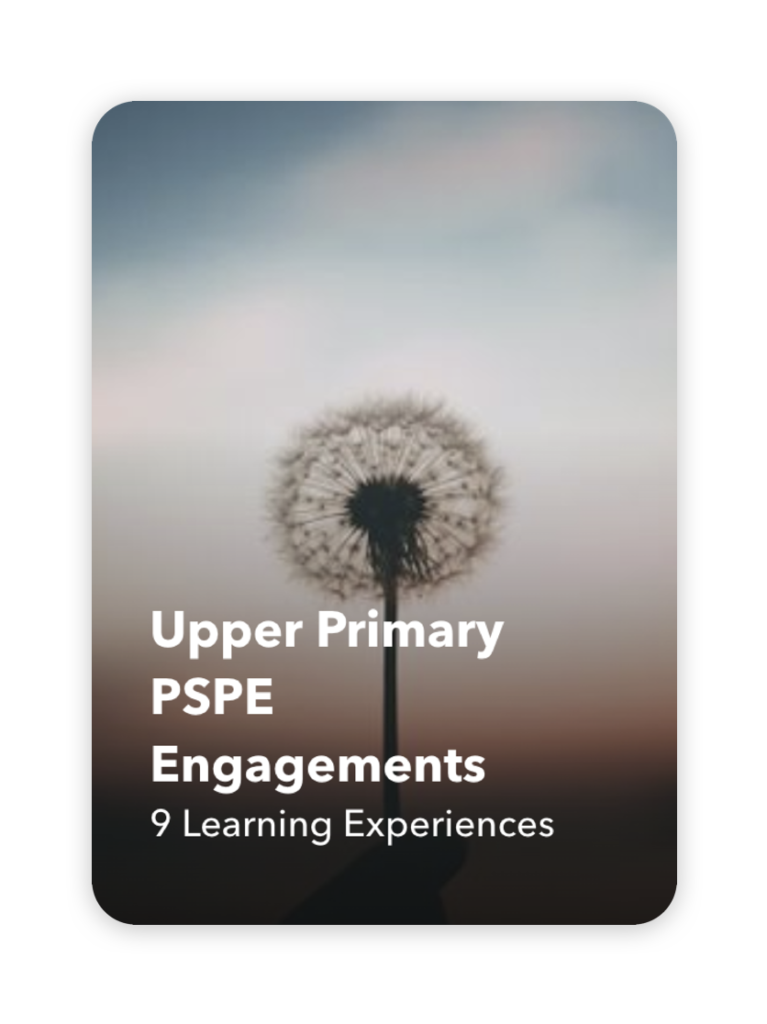
Learning experiences on mindfulness for the Early Years
For our Early Years students, it may be that the only clues that parents have to what they are feeling is in their behaviour since they will find it difficult to articulate what they are thinking and feeling. Giving students an opportunity to express themselves could both help us understand what they may be feeling and also help students become calmer, by externalising their feelings.
Developing a sense of gratitude to be more mindful and optimistic can go a long way not only during this lockdown but for life! And one is never too young to get started on this journey to be more grateful. ‘Being thankful’ and ‘Thank You World’ are two learning experiences on Toddle Community that could be assigned to Early Years students right away, to help them express their gratitude for what they have.


No matter how unprecedented the current times are, we should also be mindful that our young students will only get to live their childhood once. An activity like ‘What’s in your Treasure Chest?’ not only creates a small space of comfort for them, helping them curate everything they love but also becomes a document of what they loved as a young child. By taking a picture of their treasure chest and uploading it to Toddle, they also remain connected with their friends through an authentic exercise of sharing something personal to them at this time.
It’s also a great time to start young in developing habits for life, such as washing hands regularly. Learning experiences like the ‘Staying Safe at Home Story’ can be assigned to enable students to develop the routine of handwashing while at home, with parents supporting them.
The current times are also a unique time for parents of young children! In a simple learning experience called ‘A note for Early Years Parents’, I detail a few tools that could come handy in their toolbox, to ensure they remain connected to their children and help their mental well being thrive. You can share this with parents so they feel supported and well-equipped to spend meaningful time with their child at home.
Head over to the learning experience collection ‘Mindfulness in the Early Years’ on Toddle Community to find and use all these learning experiences with Early Years students. You can assign these to your students on Toddle and readily also add them to your unit plan on Toddle.

Learning experiences on mindfulness for the Lower and Upper Primary
Older students may react in various ways, from wanting to be online much more and interacting with friends virtually to becoming more isolated as they feel angry, upset and defensive. They may need more information about COVID-19 and strategies they can do to keep themselves safe and in control, such as more frequent handwashing. They may also enjoy keeping a diary or journal at this time to record their lockdown experiences or to get involved in other creative activities such as art or music as a way of challenging their emotions in a positive way.
Mindfulness for students in the Lower Primary
I included experiences to help students in the Lower Primary focus and relax their minds. Being young learners, these guided experiences can help them better express themselves. Through simple learning experiences such as ‘Being Mindful with Colour’ and ‘Mindful colouring and origami’ students in grades 1, 2 and 3 can express themselves through colours and stay focused on the present. By taking a photo and sharing it on Toddle, students can also stay connected to their classmates and go through this mindful experience together.
Students in the Lower Primary are also ready to take on mindfulness through more rigorous experiences than their peers in the Early Years. The ‘Mindfulness and Meditation’ learning experience is geared towards giving Lower Primary students an opportunity to explore meditation for mindfulness, through a scaffolded approach. With adults around the world trying to pick this up themselves for more wholesome living, now is a great time to start children young on a journey to be mindful of their feelings and remain in the present. This is sure to have long-lasting effects well beyond the current times.
Taking this further, I also designed a ‘Mindful Eating’ learning experience for students to be more aware of their sense of taste. Through reflective questions, students are encouraged to practice mindfulness while they eat.
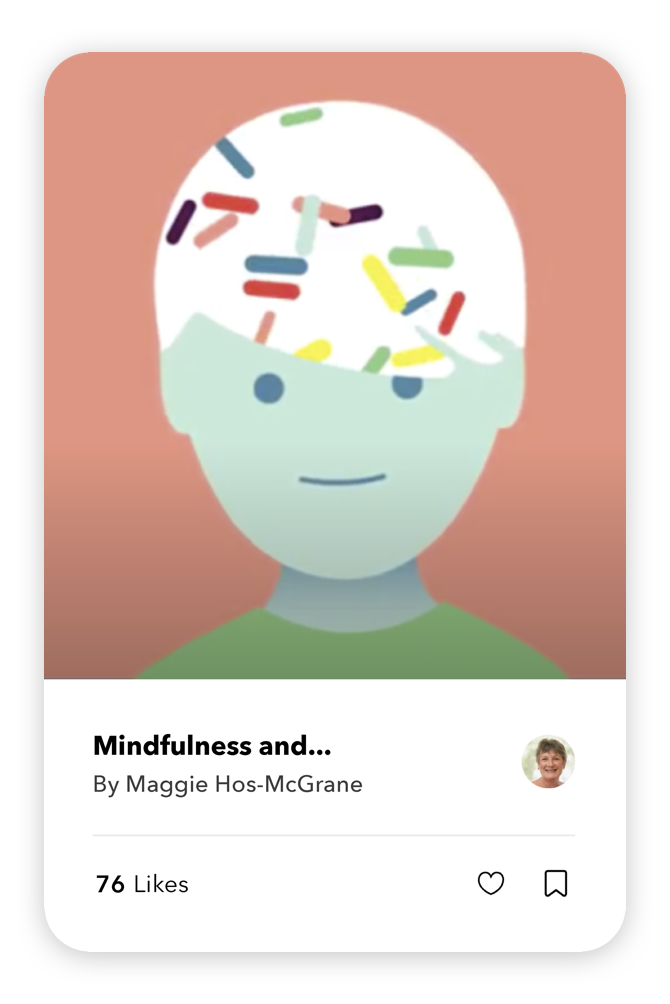

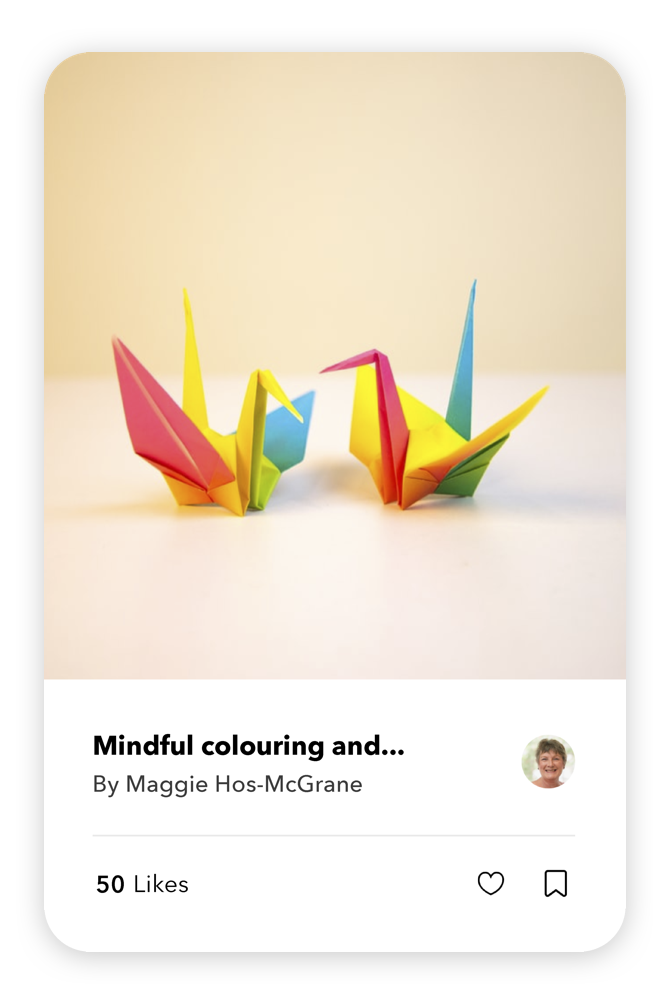
This might also be a hard time for students to sleep well because of their change in routine and any stress they may have. The learning experience called The Importance of Sleep directs students to a mindful sleep exercise which is aimed at helping them sleep better.
These and more activities are available in my learning experience collection called PSPE – Kindergarten to Grade 3, and can be readily assigned to students right away! Simply log into Toddle Community, discover these learning experiences and more and assign them to your students directly on Toddle or import them to your unit plan on Toddle. These learning experiences support the Active Living strand of the PSPE Scope and Sequence, in particular the areas that address understanding the causes and possible prevention of ill health, the promotion of safety, rights and the responsibilities we have to ourselves and others to promote well-being, making informed choices and evaluating consequences, and taking action for healthy living now and in the future.
Mindfulness for students in the Upper Primary
I wanted Upper Primary students to come to a better understanding of the virus and how to keep themselves safe through activities such as handwashing. The learning experience ‘COVID-19 – How to keep yourself and others safe’ allows students to express their understanding through an infographic that they can then share back with their friends on Toddle.
Students in the Upper Primary, like their peers in the Early Years and Lower Primary, would also benefit from opportunities to express themselves at this time. The learning experience ‘Lockdown Diaries’ allows them to record their life during COVID-19. This not only becomes a document of these interesting times that they can keep for life but also helps them be more mindful of their surroundings and experiences. Connectedly, the Learning Experience ‘Writing in the time of COVID-19’ is an opportunity for budding writers in the Upper Primary to take inspiration from ‘The Cloud Swing’ by Eithne Gallagher and write their own story. These experiences not only allow students to reflect on their current experiences and be mindful about the present but also help them hone in on their communication skills. These learning experiences are an ideal way to consider the Interactions strand of the PSPE Scope and Sequence. In this strand, students can consider how they interact with other people and the rights and responsibilities of individuals in their relationships with others, communities, society and the world around them.
These are just a few of many learning experiences that could be assigned to Upper Primary students directly from Toddle Community. Head to my learning experience collection ‘Upper Primary PSPE Engagements’ for more!

Moving forward – Staying true to the needs of our students
Equally important to consider is how things might need to change once schools reopen and students start to return. Looking through the Toddle Learn, I came across this webinar by Ali Ezzeddine. Ali writes about his own experiences as a young teacher during the 2006 Lebanese war and how, once schools returned, the focus was on ensuring students could express their feelings and emotions. At his school, the decision was made to focus on the needs of the students such as their mental health and wellbeing, before implementing the educational plans already drawn up the previous year, and so teachers rewrote their first unit of inquiry to take account of the students’ emotions and feelings.
Right now, whether we are trying to support learning at home, or whether we are now dealing with students coming back into school again, we need to ensure that what we are teaching is relevant and significant and that it acknowledges where the students are right now, so perhaps some of the designated content can be put on hold for a while. As Ali writes, “your virtual learning is not the same as your in-school learning”, and no matter where we are right now we need to ensure that we have realistic expectations of what learning can take place.
Perhaps our focus now needs to be more on the learner profile and the approaches to learning, or perhaps we need to all be focused on the key concepts of causation, responsibility and change. At this time, many teachers are asking the question: What can we take away from this remote learning at home? What do we want to hang onto when we move back into school? What have we been doing that we now want to change? This is a perfect time for teachers to be doing their own inquiries. The learner profile attributes of being thinkers, inquirers and risk-takers can help us to re-envision learning as we move forward.


